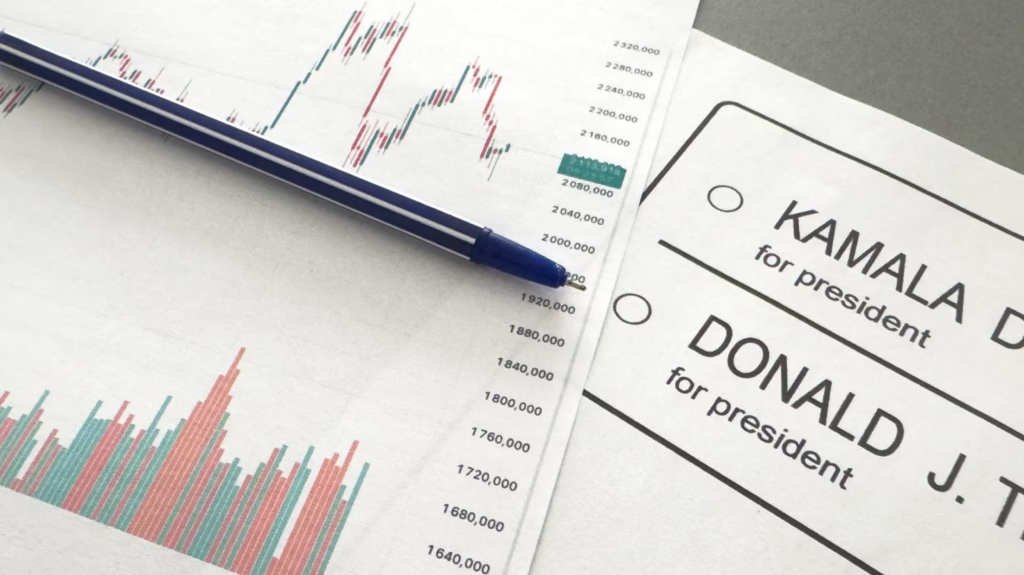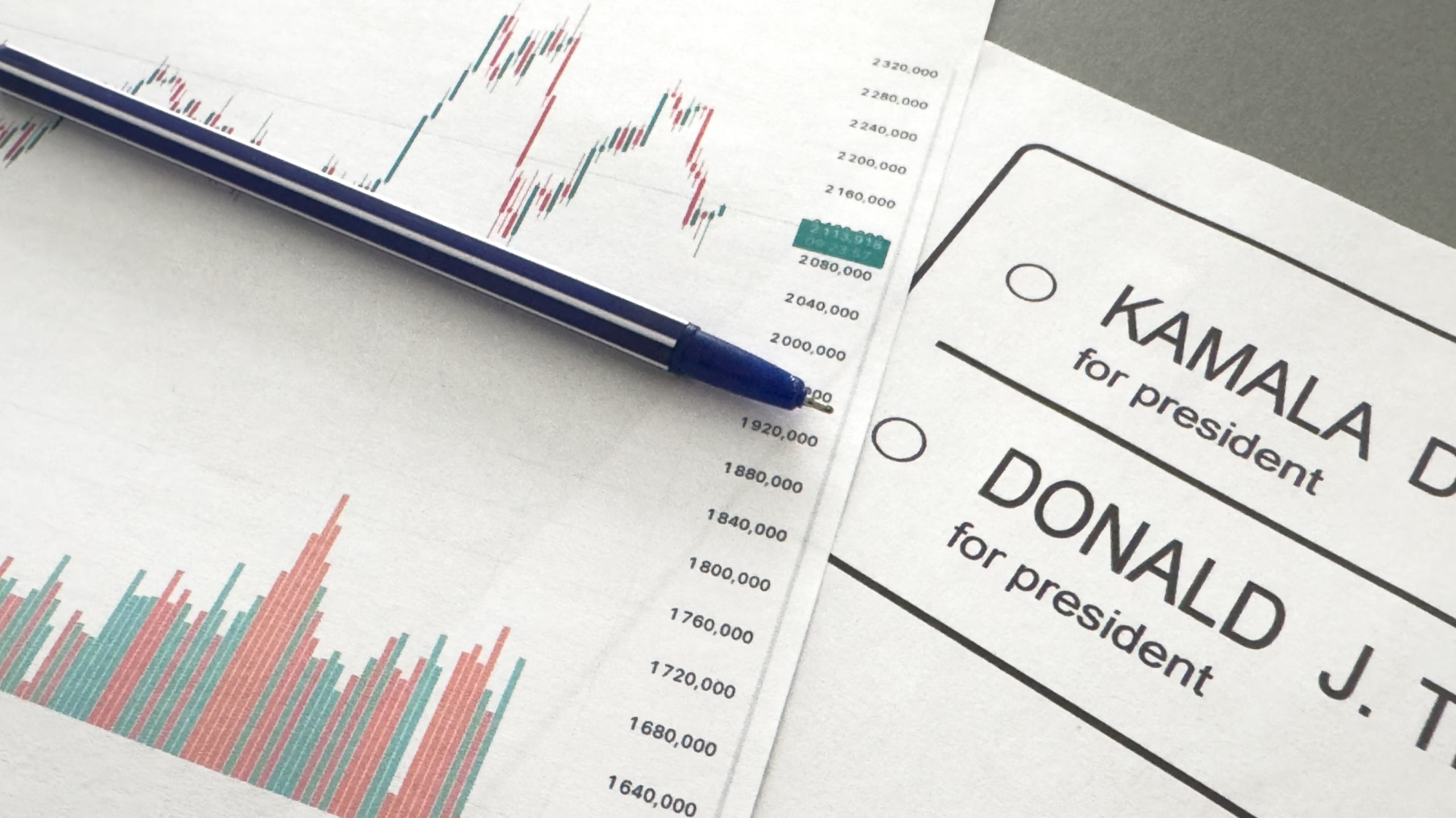In recent years, artificial intelligence (AI) has begun to play a pivotal role. AI in U.S. elections, influencing everything from voter outreach to campaign strategies. Its ability to process vast amounts of data and make predictions has revolutionized political campaigning. However, as AI technology becomes more integrated into the electoral process, it raises important questions about privacy, ethics, and fairness. Understanding the role AI plays is essential in navigating its potential benefits and risks during elections.
What is AI in U.S. Elections? A Look at Its Growing Influence
AI in U.S. elections refers to the use of advanced algorithms and machine learning to collect, analyze, and interpret voter data. This technology enables campaigns to predict voting behaviors, personalize political messaging, and optimize campaign strategies. From social media monitoring to sentiment analysis, AI is now a core tool in the political process. It allows candidates to target specific groups of voters more effectively than traditional methods, leading to more efficient and potentially persuasive campaigns.
The growing influence of AI is undeniable, with its applications expanding in ways that were once unimaginable. However, its widespread use also introduces concerns about data misuse and the ethical implications of its decision-making processes.
How AI is Revolutionizing Political Campaigns and Voter Engagement
AI is transforming how campaigns interact with voters, creating more personalized and targeted approaches. By analyzing social media activity, online behavior, and demographic data, campaigns can craft tailored messages for specific voter groups. For example, AI-driven tools can create targeted ads that address the individual concerns of voters based on their location, interests, and previous voting behavior.
Furthermore, AI enhances voter engagement through chatbots and automated systems, providing real-time responses to voter inquiries and helping to mobilize supporters. These technologies ensure a more direct, efficient, and continuous communication channel between campaigns and voters, potentially boosting voter turnout and campaign participation.
The Ethical Dilemmas of AI in U.S. Elections
While AI has its advantages, it also presents a host of ethical dilemmas. One of the biggest concerns is the potential for bias. The data AI algorithms are trained on affects their quality, and if this data reflects historical biases, it can perpetuate inequality in voter outreach and campaign strategies. For instance, AI might disproportionately target certain groups while neglecting others, exacerbating existing political divides.

Another concern is transparency. Many AI systems used in elections are proprietary, meaning the public has little insight into how decisions are made.
Ensuring Voter Privacy: How AI Affects Data Security in Elections
Voter privacy is one of the most pressing ethical concerns surrounding the use of AI in elections. AI relies on massive datasets, including personal information, voting history, and online activity, to make predictions and inform campaign strategies. This raises significant questions about how securely organizations store and use this data.
While AI can help improve election efficiency, it also increases the risk of data breaches and unauthorized access to sensitive information. Campaigns must prioritize data security and ensure that voters’ personal information is protected.
AI uses for Voter Targeting and Micro-Targeting
AI has greatly improved the precision of voter targeting and micro-targeting. Campaigns can use AI to analyze voters’ online activity, social media posts, and even search history to create highly customized content. For instance, if AI detects that a voter is concerned about healthcare, they might receive ads or messages focused on healthcare policies. Similarly, AI can predict how certain groups of voters are likely to vote based on past behavior, geographic location, and other factors.
While this type of targeted campaigning can be effective in motivating voters, it also raises ethical concerns. The use of micro-targeting can manipulate voters by appealing to their specific fears or biases. It also raises questions about the fairness of campaigns when certain voters receive highly personalized content, while others do not receive similar attention.
The Impact of AI on Voter Trust and Election Integrity
AI’s involvement in elections can significantly impact voter trust. When voters perceive that AI algorithms are manipulating the information they receive or influencing their decisions in subtle ways, it can erode confidence in the electoral system. Transparency is key in maintaining trust. If campaigns use AI to target voters in ways that seem deceptive or overly controlling, it could lead to suspicions of election manipulation.
Moreover, AI is increasingly used to monitor voting behavior and analyze results, which could create new challenges to election integrity. If the technology is not properly regulated, it might open doors for foreign interference, misinformation campaigns, or other unethical tactics.
The Future of AI in U.S. Elections: Can Ethics Keep Up with Technology?
As AI technology continues to evolve, the question remains whether ethical guidelines can keep up. While AI offers numerous benefits, such as better voter engagement and campaign efficiency, it also presents new ethical challenges that must be addressed. Future AI tools need to be designed with fairness, transparency, and accountability in mind.
The integration of AI into U.S. elections should be guided by strict ethical standards, with proper oversight to ensure that it is used responsibly. Without these safeguards, the risks of exploitation and manipulation will only increase.
Moving Forward with Ethical AI in U.S. Elections
As AI continues to shape the future of U.S. elections, it’s crucial to strike a balance between innovation and ethics. The technology has the potential to improve voter engagement, streamline campaigns, and enhance election integrity. However, it must be implemented responsibly, with a strong focus on data privacy, transparency, and fairness.
The future of AI in U.S. elections hinges on a commitment to ethical standards and the responsible use of technology. With proper oversight and regulation, AI can be a powerful tool that strengthens democracy rather than undermining it.

